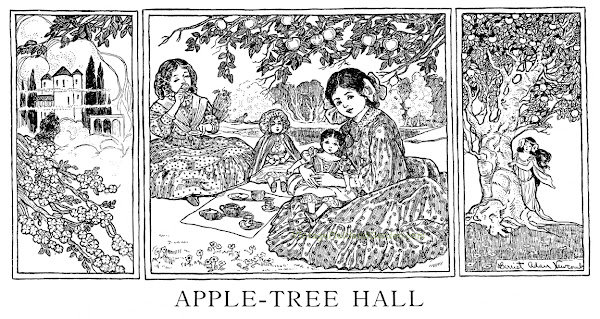"I love you, and I will love you until I die,
and if there is life after that, I'll love you then.”
― Cassandra Clare, City of Glass
I heard what you said. I’m not the silly romantic you think.
I don’t want the heavens or the shooting stars. I don’t want gemstones or gold.
I have those things already. I want…a steady hand. A kind soul.
I want to fall asleep, and wake, knowing my heart is safe. I want to love, and be loved.
― Shana Abe
Illustration of a red and bronze rose from a 1909 vintage postcard. I have left most of the distressed paper elements intact on this one as I feel it gives the image an aged quality perfect for vintage-style crafts or scrapbooking projects. To download the high-res 9" x 6" @ 300 ppi JPEG without a watermark, please click here.

From my personal collection of ephemera. All digital scans by FieldandGarden.com are licensed under a Creative Commons Attribution 4.0 International License. Please credit and link back to FieldandGarden.com as your source if you use or share this work.






